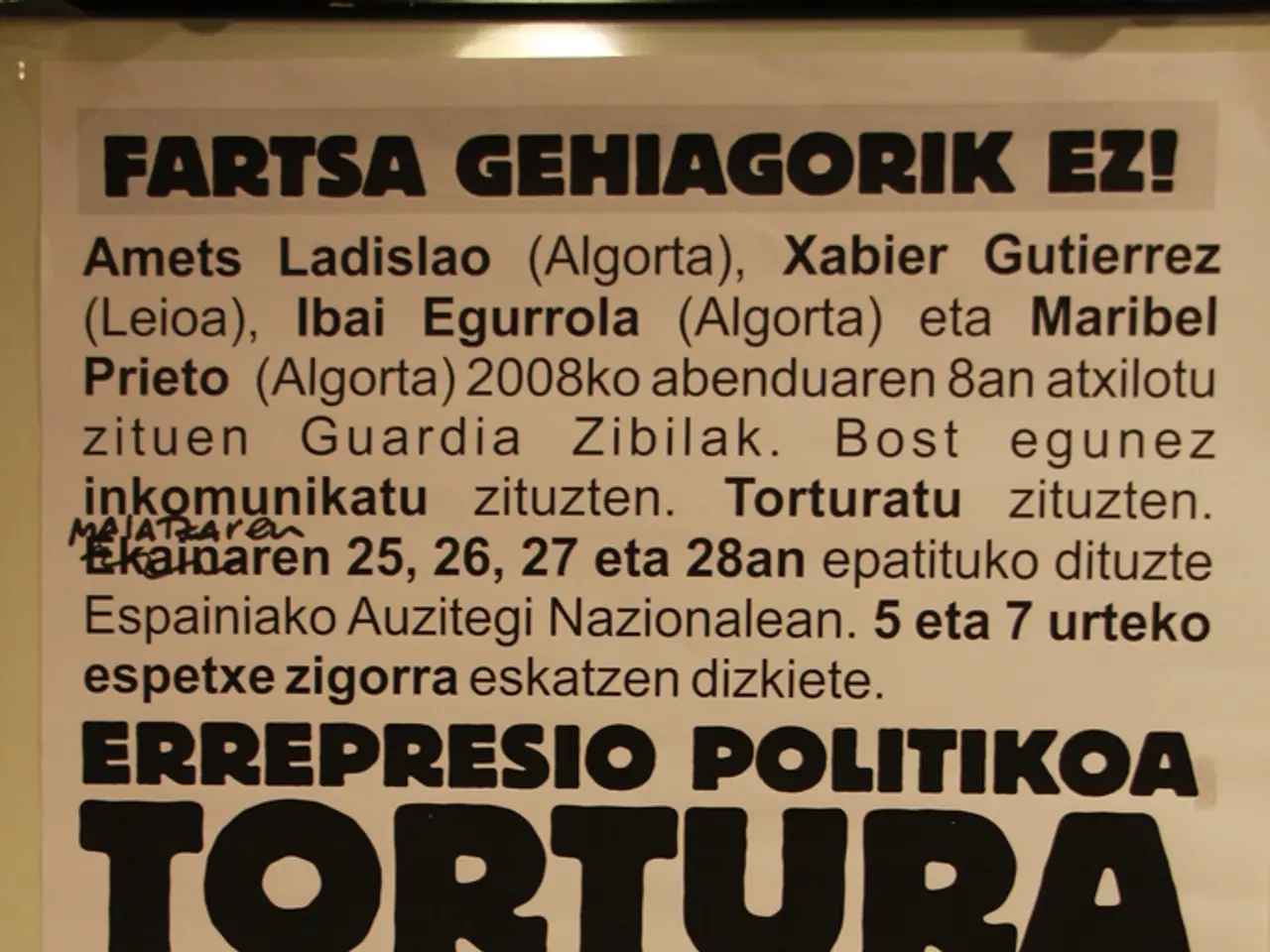Intense Israel Actions in Gaza, Real-Time Updates for July 17th
In the complex religious landscape of Israel and Palestine, France's historical protection of Catholic communities has remained a significant diplomatic aspect. This role, rooted in treaties dating back to the 16th century, has continued to be relevant in modern times.
The earliest example of this protection can be traced to the capitulations signed by King Francis I of France and Ottoman Sultan Suleiman the Magnificent in 1535. These agreements granted France the status of protector of Christians, particularly Catholics, living within the Ottoman Empire, including the Holy Land.
This traditional role has been maintained through subsequent centuries, evolving with political circumstances but never wavering in its commitment. The French Foreign Ministry continues to assert this historical mandate, expressing concern over the recent bombing of the Church of the Holy Family in Gaza, which falls under France's historic protection.
France's protectorate is not merely symbolic; it carries practical legal and diplomatic implications. In times of crisis, the protectorate provides a layer of international oversight and support. The French government's direct condemnation and diplomatic engagement following the bombing of the Church of the Holy Family illustrate this ongoing relevance.
This tradition also intersects with broader issues of religious rights and international diplomacy. The French protectorate offers a unique example of how historical treaties can have enduring influence on the protection of minority communities in contested regions, especially where local governments may be unable or unwilling to guarantee security for all religious groups.
While France's role is specific to Catholic communities, the broader religious landscape of Israel and Palestine is complex. Other religious groups, such as the Druze, have their own distinct legal statuses, reflecting a multifaceted approach to religious identity and protection.
As the region continues to grapple with ongoing conflict and religious tensions, the French protectorate stands as a symbol of international concern for the rights and security of religious minorities. This commitment, reaffirmed time and again, underscores France's enduring role in the Holy Land and its dedication to the welfare of Catholic communities.
- The French protectorate, which originated in the 16th century to safeguard Catholic communities within the Ottoman Empire, including in the Holy Land, remains significant in today's complex religious landscape of Israel and Palestine, as shown by France's recent concern over the bombing of the Church of the Holy Family in Gaza.
- The ongoing French protectorate, linked to broader issues of religious rights and international diplomacy, presents a unique case of how historical treaties can sustainably impact the protection of religious minorities in disputed regions, such as Israel and Palestine, where local governments might struggle to guarantee safety for all faiths.






